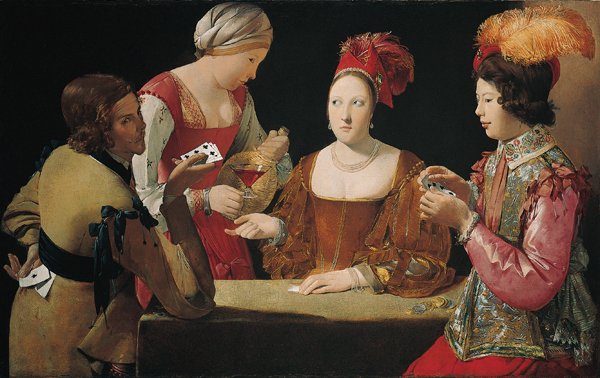What happens when one of the finest classical musicians in the world decides to perform incognito in a Washington D.C. subway station for 45 minutes? In January, 2007 violinist Joshua Bell played a string of exquisite musical pieces on his Stradivarius in D.C.'s L'Enfant Metro Station, yet no crowd gathered and only $32 was thrown into his violin case. This is a man who was filling $100 seats at evening concerts at this time, yet barely anyone stopped to listen, and the exceptions to this rule were barely exceptions. Bell was repeatedly disoriented when he heard the total lack of applause at the conclusion of each of his riveting pieces. No one walked up to him and asked for his autograph.
Three minutes went by before something happened. Sixty-three people had already passed when, finally, there was a breakthrough of sorts. A middle-age man altered his gait for a split second, turning his head to notice that there seemed to be some guy playing music. Yes, the man kept walking, but it was something.
A half-minute later, Bell got his first donation. A woman threw in a buck and scooted off. It was not until six minutes into the performance that someone actually stood against a wall, and listened.
Things never got much better.
The Washington Post described this fascinating experiment in great detail, and provided video as well. The outcome invites conducting another experiment where a sophisticated symphony audience would listen to two symphonies playing behind curtains and were then asked to guess which one consisted of the career musicians and which one consisted of
skilled high school students like these. It's an experiment that would never be run, I assume, because it risks inflicting massive damage and embarrassment on the symphony and its audience.
But there's another take-away from this experiment. At a gut level, when there is no gathered crowd, it's not an important event. A world-class musician playing world-class music should seemingly be of the same importance, existentially speaking, wherever it occurs, whether that be in a packed symphony hall or in Mr. Bell's living room. But that's not how the world works. And even when a crowd gathers, it apparently needs to be the right
kind of crowd. That is why the final game of the spring training baseball season is not significant, whereas the first game of the official season is of great significance, even though both of them are well attended.

